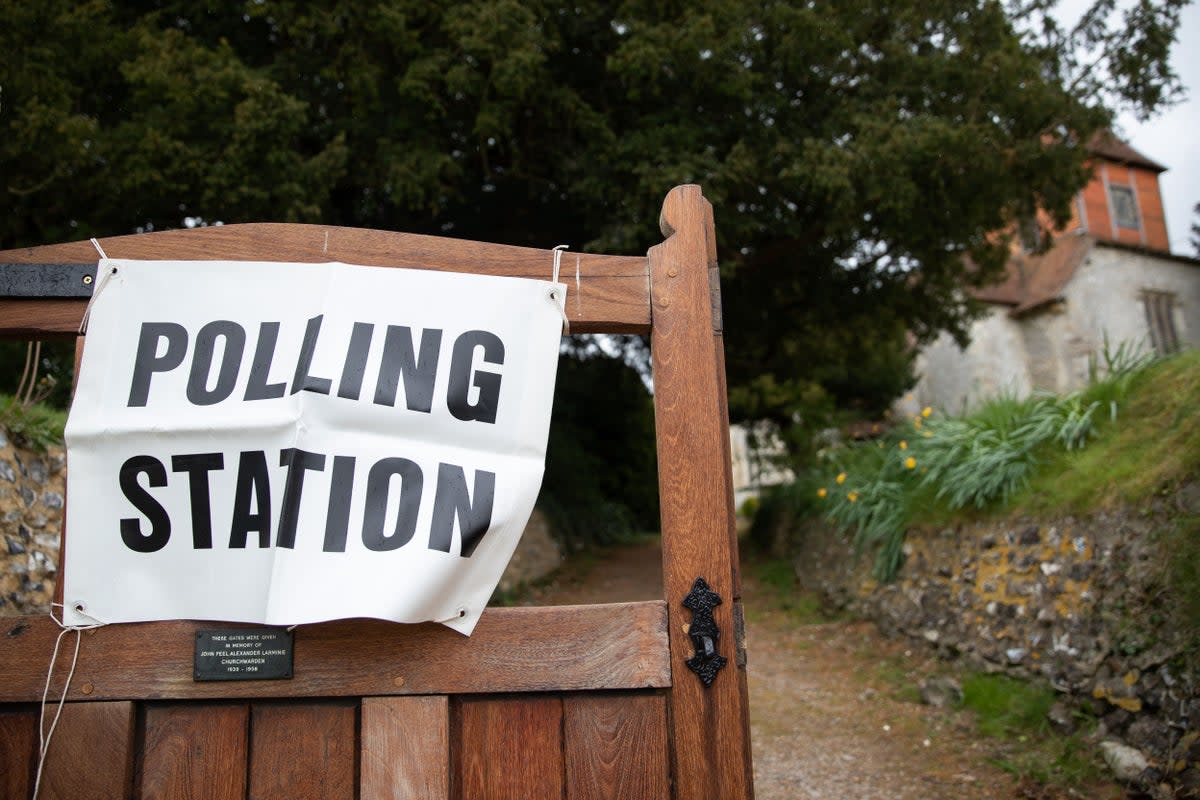General election July 2024: do you need voter ID and what forms of ID are acceptable?

For those who wish to cast their vote in the general election today, the set of requirements is different from previous years.
For the first time in UK history, everybody who wishes to vote in person at a general election must show a correct form of ID before voting.
June 26 was the deadline to apply for a special ID certificate to vote in the general election on Thursday (July 4).
Those in England, Scotland, Wales and Northern Ireland without the proper identification needed to apply for a free voter ID document, called a Voter Authority Certificate, before the deadline.
📣 If you don’t have accepted ID, the deadline to apply for free voter ID is tomorrow, 26 June.
❗️You must apply before 5pm if you live in England, Scotland or Wales and by midnight if you live in Northern Ireland.— Electoral Commission (@ElectoralCommUK) June 25, 2024
Craig Westwood, director of communication, policy and research at the Electoral Commission, previously said: “The free ID ensures that everyone can take part in the general election, even if they don’t currently have an accepted form of photo ID.
“It is quick and easy to apply and there is information and support available from the Electoral Commission and your local authority.
“At every polling station, voters can ask to have their ID checked in private if they wish and polling station staff will check ID sensitively.”
Here is what you need to bring with you to vote on Thursday.
What forms of ID will be accepted at polling stations?
Voters in England must show photo identification to vote in some elections at polling stations.
This applies to:
UK parliamentary elections, including general elections, byelections and recall petitions;
Local elections and byelections;
Police and Crime Commissioner elections.
The Electoral Commission has a list of accepted forms of ID, which includes:
a UK or Northern Ireland photocard driving licence (full or provisional);
a driving licence issued by the EU, Norway, Iceland, Liechtenstein, the Isle of Man or any of the Channel Islands;
a UK passport;
a passport issued by the EU, Norway, Iceland, Liechtenstein or a Commonwealth country;
a PASS card (National Proof of Age Standards Scheme);
a Blue Badge;
a biometric residence permit (BRP);
a defence identity card (MoD form 90);
a national identity card issued by the EU, Norway, Iceland or Liechtenstein;
a Northern Ireland electoral identity card;
a voter authority certificate; and
an anonymous elector’s document.
Travel passes are also acceptable forms of ID, including the following:
an older person’s bus pass;
a disabled person’s bus pass;
an Oyster 60+ card;
a freedom pass;
a Scottish National Entitlement Card (NEC);
a 60-and-over Welsh concessionary travel card;
a disabled person’s Welsh concessionary travel card; and
a Northern Ireland concessionary travel pass.
You can still use your ID to vote if it has expired. However, it must look like you and bear your current legal name.
The move to introduce voter ID has been controversial, especially considering a study from September that showed one in four Londoners were in the dark about the new requirement.
The Government said the vast majority of voters easily voted in May’s local elections, when the requirement to show officially approved ID was introduced in England in the biggest change to in-person voting in 150 years.
Ministers said the change was needed to combat possible voter impersonation. Opponents stress there is barely any evidence of voter fraud in Britain, with only nine convictions out of tens of millions of ballots cast in the past five years.
Can I be turned away from voting without photo ID?
You can be expected to be turned away from cast your vote at polling stations should you have the wrong ID or forget yours.
Photo ID shown must be the original ID and not a photograph, photocopy or image on a phone.

He returned later with the necessary ID and was able to vote. Voters have been ensured that “if you don’t remember your ID when you arrive at a polling station, you can return with it later in the day.”
If voters are late in arriving at polling stations, which will be open from 7am to 10pm, they will be unable to cast their vote, unless they are “in a queue at 10pm,” Craig Westwood, director of communications at the Electoral Commission, has said.
How can I apply for a voter ID?
The deadline to apply for a ‘Voter Authority Certificate’ (VAC) passed already in June.However, they are only needed if you do not have accepted photo ID, you no longer look like the photo on your ID or the name on your photo ID is different to your name on the electoral register.VAC’s cannot be used in Northern Ireland.
What do I need to do if I’ve changed my name?
The name on your ID must match your name on the electoral register. If it does not, individuals must have already registered to vote with their new details.Another alternative is that you can take a document with you to vote, such as a marriage certificate, proving your name has changed.

 Yahoo Lifestyle
Yahoo Lifestyle 
